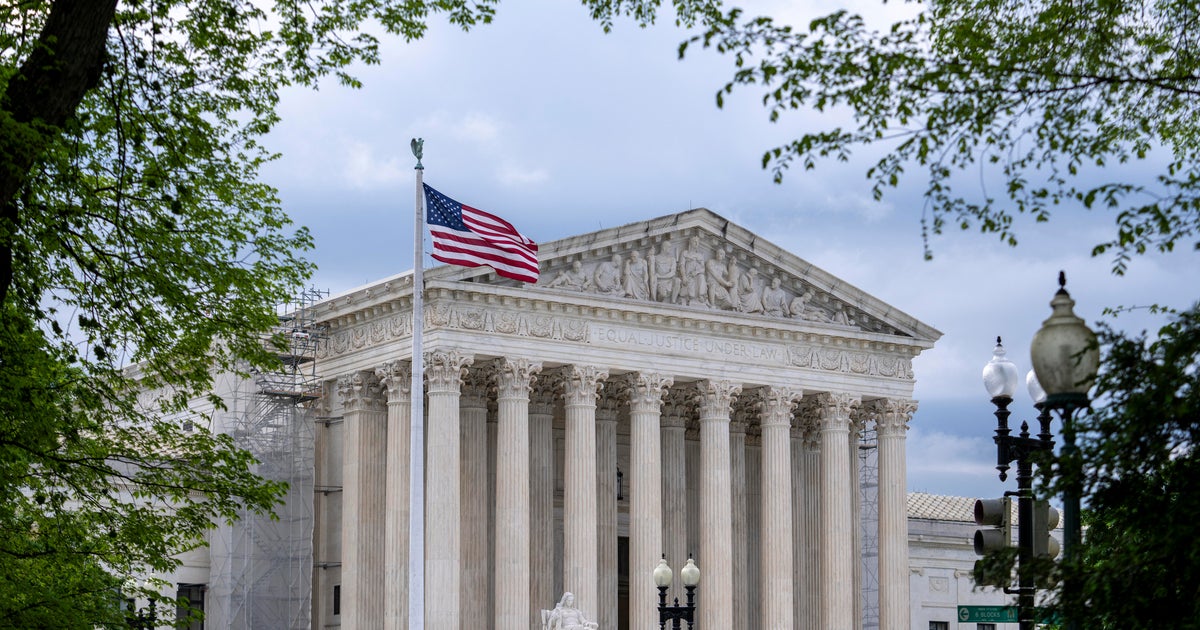Navigating Property Disputes After the Death of a Relevant Party: Understanding TOLATA and Inheritance Act Claims
Personal Representatives and Property Disputes: Understanding the Trust of Land Appointment of Trustees Act 1996
When it comes to disputes over property ownership and the distribution of assets in an estate, the Trust of Land Appointment of Trustees Act 1996 (TOLATA) plays a crucial role in determining the rightful beneficiaries and the appropriate course of action. However, what happens when one of the relevant parties dies?
Defending a Claim
In the event of a party’s death, the estate may need to defend a claim that a property belonging to the deceased should not be considered part of the estate. Additionally, under the Inheritance (Provision for Family and Dependents) Act 1975, property held as joint tenants may be subject to clawback into the estate. These claims are often brought against the estate in the case of disputes, as seen in the recent case of Bhusate v Patel and others (2018).
But can a personal representative actively bring a claim against another party to force the sale of a property in order to pay fees, taxes, and distribute assets according to the terms of a will or intestacy rules?
Trusts of Land and Appointment of Trustees Act 1996
Section 14(1) of the TOLATA 1996 allows any person who is a trustee of land or has an interest in a property subject to a trust of land to make an application to the court for an order. However, Section 18 clarifies that the provisions relating to trustees also apply to personal representatives.
Therefore, personal representatives cannot actively bring a claim under TOLATA but can make an application under the Civil Procedure Rules 64 to seek court intervention in the administration of the estate, including the sale of a property.
Claims involving Beneficiaries
When beneficiaries are involved in disputes over property, the personal representatives have the discretion to allow a beneficiary to occupy a property, but this decision must consider the interests of all beneficiaries. A court may grant one beneficiary the right of first refusal in the sale of a property.
If a beneficiary refuses to vacate the property, the personal representatives can pursue legal action for possession. However, complications may arise if the beneficiary claims they were promised the right to occupy the property for life by the deceased.
Final Words
Personal representatives have fiduciary duties to administer the estate properly, including collecting assets and distributing them to beneficiaries. While defending claims against the estate may be necessary, actively bringing a claim should be carefully considered due to the potential legal costs involved.
If you require legal advice on the roles of personal representatives in property disputes under TOLATA 1996, their limitations, and alternative legal options for estate management, contact our dispute resolution experts at Hodge Jones & Allen on 0330 822 3451 or request a callback.


